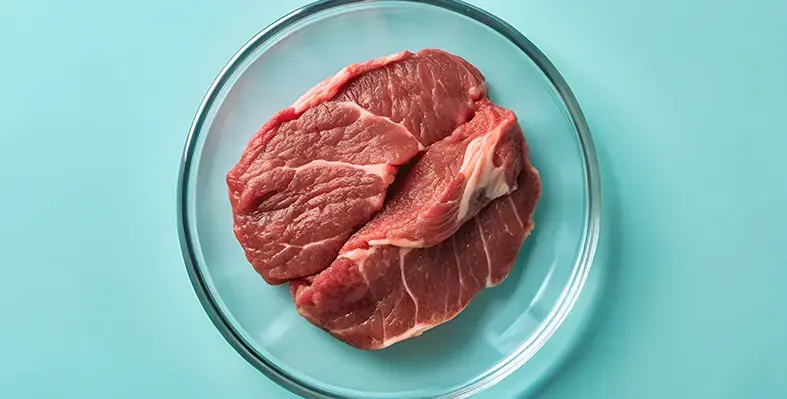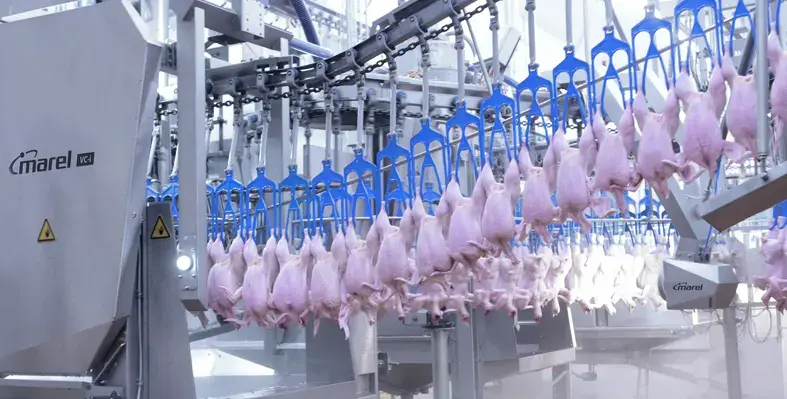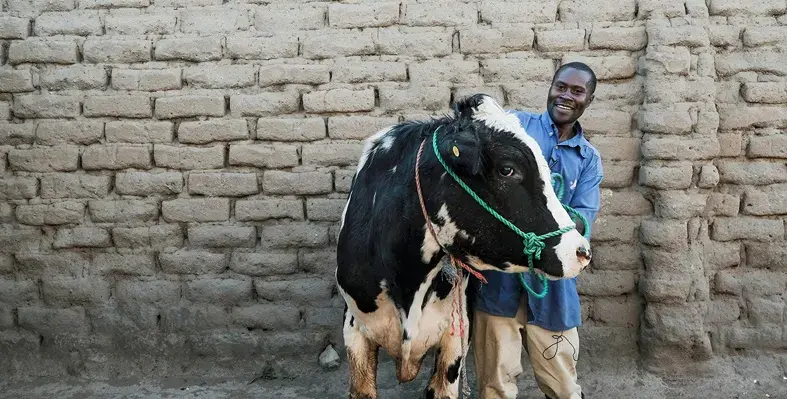
This development enables the food industry to keep pace with growing protein demands. (Image source: Adobe Stock)
Foodtech innovator Ever After Foods partners with Bühler to help food producers around the world mass produce cultivated meat with the highest efficiency
While Bühler aims to address increasingly complex food system challenges, reduce environmental impact and improve food security through the development of equipment, Ever After Foods provides the technology to deliver commercial-scale production systems specifically designed to meet the needs of the cultivated meat sector. Cultivated meat producers can now reduce production costs by more than 90% while achieving unparalleled production efficiency.
Dedicated to leading a new era of scalability and sustainability for cultivated meat, Ever After Foods is working closely with select cultivated meat companies and top leaders in the food industry to accelerate the development and global deployment of its proprietary edible packed-bed (EPB) technology platform. Ever After Foods is actively creating scalable production solutions for clients, and its collaboration with Bühler will pave the way for dedicated and continued support of production solutions in the sector.
“The cultivated meat industry must move beyond relying on pharma-based technologies and adopt solutions specifically designed for food production,” said CEO of Ever After Foods, Eyal Rosenthal. “Our strategic collaboration with Bühler, a global leader in food equipment, is a critical step toward delivering scalable and efficient technologies that empower cultivated meat producers and food companies to bring their products to market. Together, we are driving the development of tailored solutions to sustainably scale cultivated meat production.”








